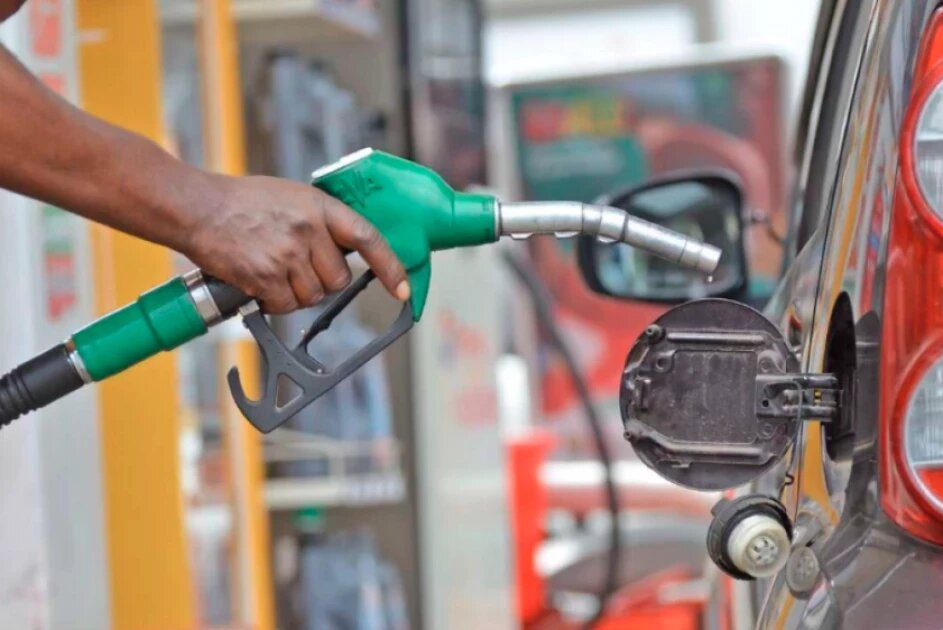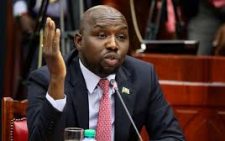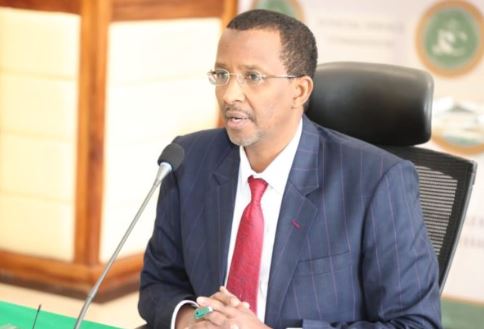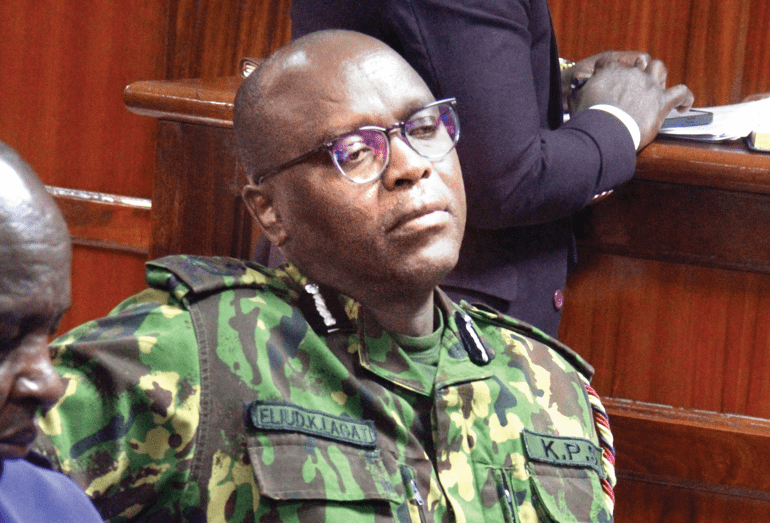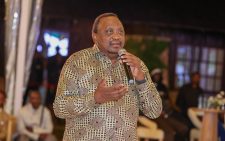Members of Parliament target election campaign cash cap
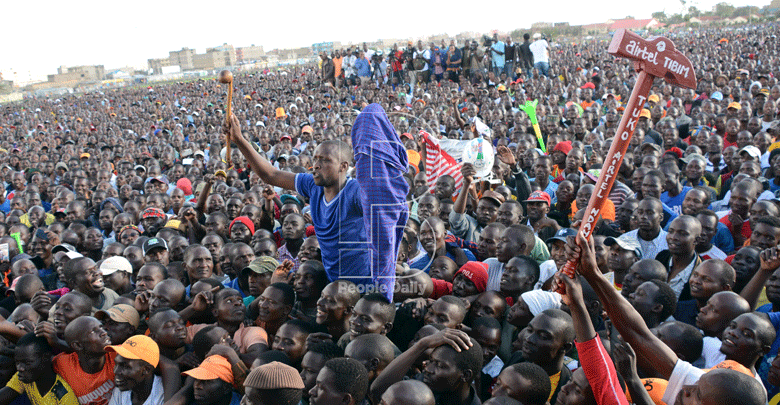
Members of Parliament (MPs) have hatched a scheme to slam brakes on proposals by the Independent Electoral and Boundaries Commission (IEBC) in the Elections Campaign Financing (Amendment) Bill, 2020.
The bill seeks to amend the Elections Campaign Financing Act, 2013, to remove the bottlenecks that have impeded its implementation.
The amendments are intended to regulate the amount of money spent on election campaigns by candidates in all levels.
Besides, the draft law mandates the electoral commission to set donation and spending limits by political parties and candidates in respect of election campaigns among other proposals.
IEBC’s proposed law requires details on sources of the contributions, including donations in cash or kind, received and disclosure done at least 20 days before the nomination day and at least 20 days before the polling day.
Law bars donations
For better application in the 2022 vote, the polls agency has sought that the law is changed to bar political parties from accepting donations they are unable to ascertain the identity of the donor.
Such a donation would only be considered as permissible if it includes permissible donors such as individuals registered as a voter and registered body corporate carrying on business within Kenya.
Money from an unincorporated organisation of two or more persons which carries business or other activities wholly or mainly in Kenya and has its main office in Kenya will also be allowed.
Where contributions are received from fundraisers, the authorised person shall keep a record of the specific details of the harambee including the venue, date, organiser and total contributions.
Disqualified
Also, a candidate or a political party that fails to disclose the funds or donations shall be disqualified and be liable to a fine not exceeding two million shillings or a term of imprisonment not exceeding five years or both.
“A political party shall not accept a donation if— the donation is not a permissible; or the party is unable to ascertain the identity of the donor,” reads the IEBC Bill.
It adds: “No campaign expenditure shall be incurred by or on behalf of a political party unless it is incurred with the authority of— (a) the treasurer of the party, (b) a deputy treasurer of the party; or (c) a person authorised in writing by the treasurer or a deputy treasurer.”
“A person who, without reasonable excuse, incurs any expenses commits an offence,” the bill says.
But in what seems like a well-knit plan similar to the one in the run to the 2017 elections where MPs ganged up to repeal the Elections Campaign Financing Act, in their latest attempt, legislators are seeking to repeal nine sections and amend four, which include keeping confidential the source of their campaign funding and only made public under a probe.
The new draft bill is also seeking to do away with proposed establishment of a committee with three members and define what monies intended for public use is as well as donations.
“The disclosure of funds shall be confidential and details of such funds shall not be divulged except where such information is the subject of a complaint or an investigation, or is the subject of proceedings in a court of law,” the draft bill sponsored by Ndaragua MP Jeremiah Kioni states.
On spending limit, the draft bill want to abolish the cap on the maximum threshold of money a candidate, political party or referendum committee may spend during campaigns as proposed by the IEBC in 2016 when the implementation of the law was deferred.
According to IEBC proposals, a presidential candidate is allowed to spend a maximum of Sh5.2 billion, governors, senators and women representatives capped at Sh433 million while MPs are allowed a maximum of Sh33.4 million.

